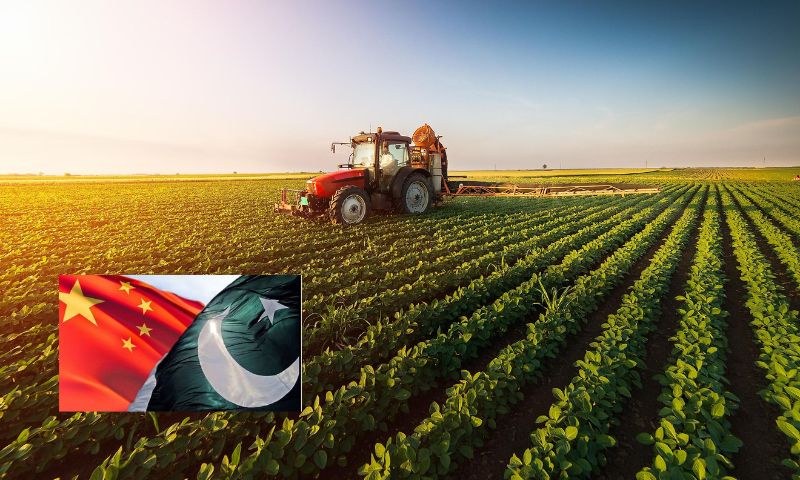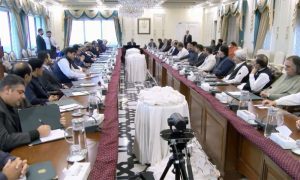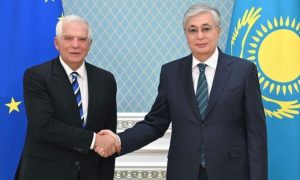BEIJING: In order to strengthen the mutual learning and cooperation between China and Pakistan in the fields of crop pest management technology, prevention and control measures and management standards, the Seminar on Methods and Standards of Crop Pest Management in China and Pakistan was held by International Standardization Talent Training Base (Chengdu).
This event, co-hosted online by the University of Agriculture Faisalabad (UAF) and the University of Punjab, brought together agricultural enterprise technicians engaged in crop pest control and experts from relevant scientific research institutions from both nations, as reported by China Economic Net (CEN) on Tuesday.
A distinguished guest, Dr. Abid Ali, Associate Professor in the Department of Entomology at the University of Agriculture Faisalabad, delivered a keynote speech entitled “Standard System and Current Situation of Pest Control of Major Crops in Pakistan.” Dr. Ali highlighted the pressing challenge posed by pests to Pakistan, an agricultural nation, emphasizing that climate change and rising temperatures have intensified pest issues.
Furthermore, the extensive cropping system in the country lacks systematic and scientific control, leading to the excessive use of pesticides and the development of pest resistance. This unfortunate cycle has driven up the costs of plant protection.
After a thorough examination of the complex landscape of crop pest management in Pakistan, Dr. Ali used major pests like the Fall Armyworm (FAW) as examples to introduce Pakistan’s current pest management system, primarily based on chemical control. He pointed out the inadequacy of pest monitoring and forecasting systems in Pakistan, resulting in a heavy reliance on pesticides.
Statistics revealed a significant increase in Pakistan’s annual pesticide use, rising from 50,000 tons per year in 2001 to 200,000 tons per year in 2020 over the past two decades. Dr. Ali advocated for a shift towards a biological management system in Pakistan, which would reduce pesticide use by studying the population distribution of natural enemies of pests in various phenological stages and crops. He acknowledged China’s advanced technology in biological control and expressed optimism about its potential contribution to promoting biological control in Pakistan.
Another participant, Liu Jie, Deputy Director of the National Agro-Tech Extension and Service Center, delved into Monitoring and Warning Technology for Agricultural Pests and Diseases based on IoT and Big Data. Liu emphasized the importance of cutting-edge agricultural technology, including intelligent testing equipment capable of automatic image recognition to detect and report insects within trap ranges, identifying their types, quantities, and gathering periods in specific areas.
Liu noted the challenges posed by the global economic integration and the rapid circulation of agricultural products through trade networks, which have introduced a wider range of pests. Additionally, socioeconomic factors have intensified the threat of invasive alien species. China has already established a remote sensing dynamic prediction model that combines multi-scale monitoring results with epidemic migration patterns of pests and diseases. This model enables remote dynamic prediction and migration tracking of major pests and diseases. Liu expressed China’s willingness to share experiences in this domain with Pakistan.
Furthermore, experts elaborated on China’s standard system for managing major food crop diseases and pests, as well as its prevention and control policies and measures for agricultural pests and diseases.
It was announced that China and Pakistan would initiate a series of tests, demonstrations, and joint research endeavours focused on integrated disease control technologies for common crop pests and diseases. Additionally, there will be collaborative efforts in technical personnel training and personnel exchange and training between the two nations.


























